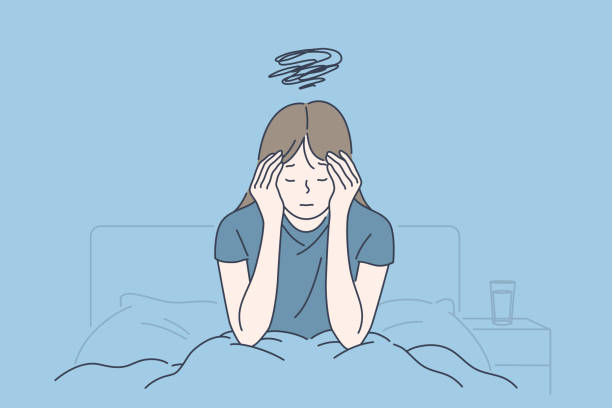Chronic illnesses often develop gradually, making early detection vital for better treatment outcomes and long-term health. By recognizing the subtle warning signs, you can take proactive steps to manage your well-being and seek medical advice before conditions progress.
Why Early Detection Matters
Catching the symptoms of chronic illnesses early allows for:
- Timely medical intervention
- Lifestyle changes that reduce risks
- Better management of long-term health conditions
- Improved quality of life and prevention of complications
Common Early Warning Signs of Chronic Illnesses
1. Persistent Fatigue
Unexplained tiredness, even after proper rest, can indicate conditions like diabetes, heart disease, or thyroid disorders.
2. Shortness of Breath
Difficulty breathing during normal activities may signal asthma, COPD, or cardiovascular issues.
3. Unexplained Weight Changes
Sudden weight gain or loss could be linked to thyroid problems, diabetes, or digestive disorders.
4. Frequent Infections or Slow Healing
If you often get sick or your wounds heal slowly, it may point to immune system issues or diabetes.
5. Digestive Issues
Chronic bloating, constipation, or abdominal pain can be early indicators of IBS, Crohn’s disease, or other gastrointestinal conditions.
6. Persistent Pain or Inflammation
Ongoing joint pain, muscle stiffness, or swelling might be early signs of arthritis, autoimmune diseases, or fibromyalgia.
7. Memory Problems or Brain Fog
Difficulty concentrating or memory lapses may be related to neurological conditions, diabetes, or vitamin deficiencies.
8. Changes in Skin, Hair, or Nails
Dry skin, hair loss, or brittle nails can sometimes reveal hormonal imbalances, thyroid disease, or nutritional deficiencies.
When to Seek Medical Help
If you notice these symptoms persist for more than a few weeks, consult a healthcare provider. Keeping a symptom journal can help doctors identify patterns and diagnose conditions more effectively.
How to Lower Your Risk
- Adopt a balanced diet rich in whole foods
- Exercise regularly to strengthen the body and improve circulation
- Manage stress through mindfulness, yoga, or relaxation techniques
- Get regular health screenings based on age and risk factors
- Quit smoking and limit alcohol to support long-term wellness
Final Thoughts
Recognizing early warning signs of chronic illnesses can make a life-changing difference. Paying attention to your body and seeking timely medical advice helps in preventing complications, managing symptoms, and living a healthier life.
Your health is your greatest asset—take proactive steps today to protect it.

